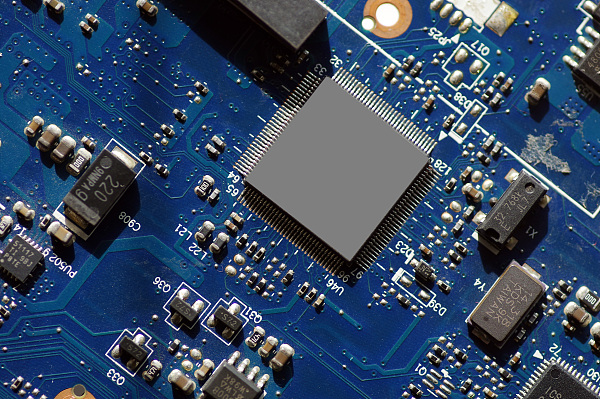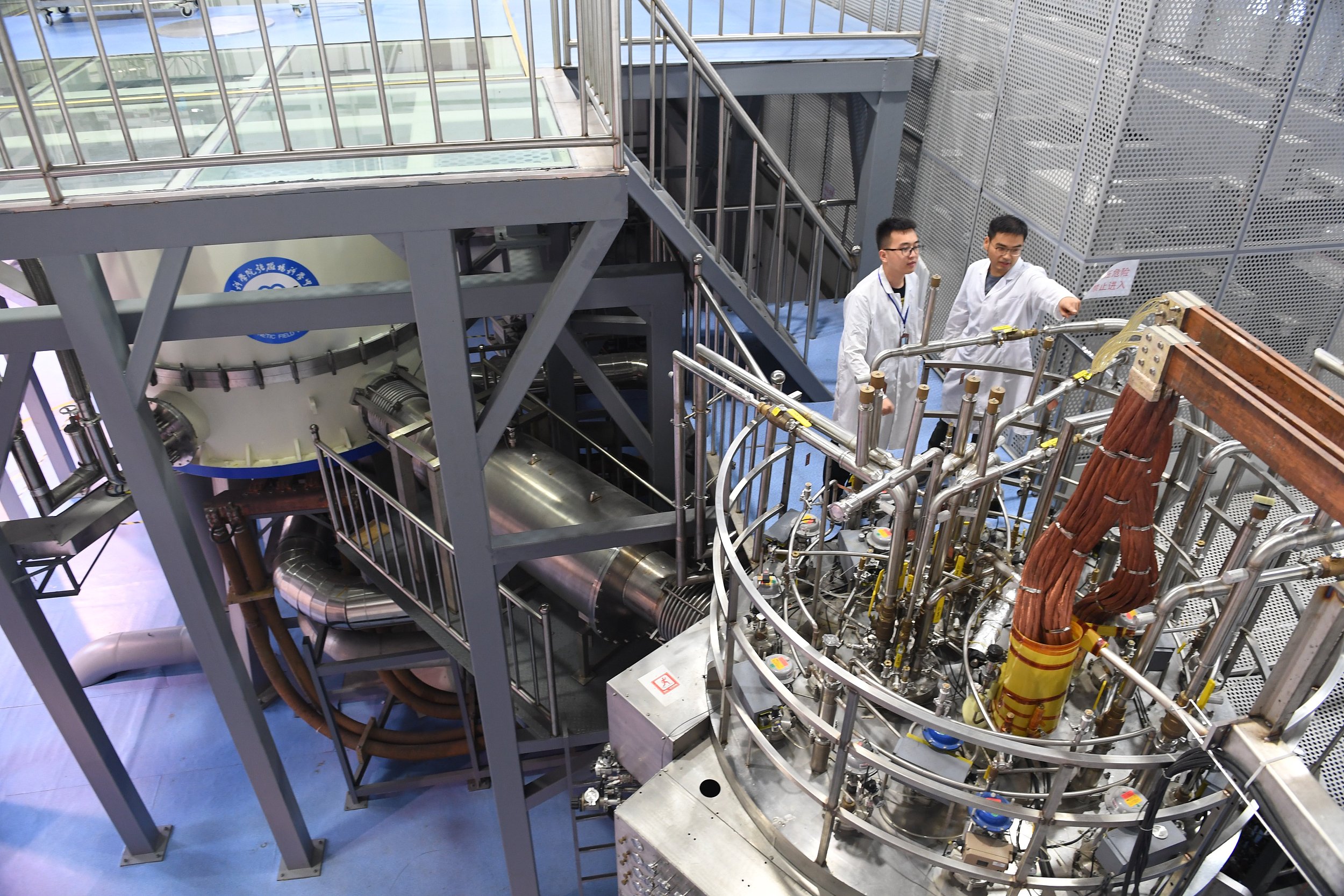Decoupling Sci-tech Cooperation: Harm All Parties

(PHOTO: VCG)
By TANG Zhexiao
The U.S. House of Representatives Nancy Pelosi, who recently completed her provocative visit to China's Taiwan region, tweeted on July 30, "Today, our nation took a monumental step forward to equip America to meet and beat the challenges of the 21st Century with the CHIPS & Science Act."
The act, which was signed by US President Joe Biden on August 9, aims to boost domestic manufaturing of semiconductor chips and help the U.S. to compete with China.
Certain provisions in the act restrain normal sci-tech cooperation between China and the U.S., and China is firmly against it, according to Chinese Foreign Ministry Spokesperson Zhao Lijian.
"China-U.S. science and technology cooperation serves the interests of both sides and promotes the progress of humanity. Imposing restrictions and seeking decoupling will only hurt others and oneself alike," said Zhao.
Chinese Ministry of Commerce also said on August 1 that this act will distort the global semiconductor supply chain and disrupt international trade. China will monitor the progress and implementation of the act, and take strong measures to safeguard its legitimate rights when necessary.
There is no doubt that moves like decoupling and cutting supplies run counter to market rules and could only lead to self-isolation and backwardness.
So, why did the U.S. administration still choose to pass this act?
It's all about retaining its monopoly in the scientific field under the guise of boosting its semiconductor manufacturing and increasing competitiveness.
The U.S. is no longer as competitive as it once was in this field. It still leads the world in chip design, but the global share of semiconductors produced domestically has declined from 37 percent in 1990 to 12 percent today, said Bloomberg.
It is up to the U.S. to fix its deficiencies in chip industry and develop itself. However, it should by no means block normal technological and people-to-people exchanges and cooperation with China, or undermine China's legitimate development rights and interests.
China and the U.S. are the two biggest economies in the world. It is no doubt that to enhance cooperation in science and technology between two countries is conducive to the well-being of humankind.
The U.S. administration should correctly view China's scientific progress and China-U.S. ties in scientific sectors. Only by giving up unjustifiable suppression and restrictions of Chinese tech companies, can two sides more effectively contribute to normal exchanges and cooperation, as well as global sustainable development.


